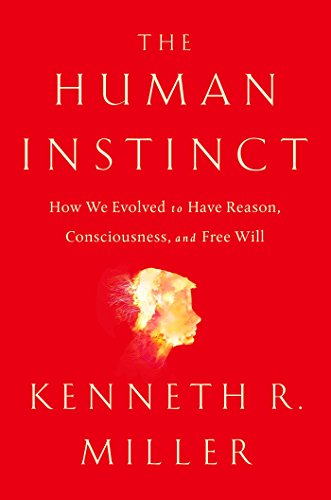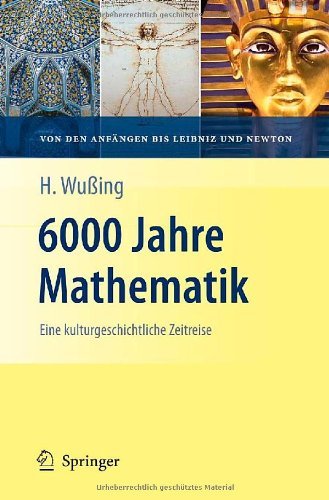
By Kenneth R. Miller
Lately, the main passionate advocates of the idea of evolution appear to current it as undesirable information. Scientists equivalent to Richard Dawkins, Lawrence Krauss, and Sam Harris let us know that our so much intimate activities, strategies, and values are mere byproducts of hundreds of thousands of generations of senseless variation. we're only one species between multitudes, and accordingly not more major than the other dwelling creature.
Now comes Brown college biologist Kenneth R. Miller to make the case that this view betrays a gross false impression of evolution. normal choice absolutely explains how bodies and brains have been formed, yet Miller argues that it’s now not a social or cultural thought of every little thing. In The Human Instinct, he rejects the concept that our organic history signifies that human concept, motion, and mind's eye are pre-determined, describing in its place the trajectory that finally gave us cause, cognizance and loose will. a formal figuring out of evolution, he says, unearths humankind in its wonderful uniqueness—one foot planted firmly between the entire creatures we’ve advanced along, and the opposite within the distinct position of self-awareness and figuring out that we by myself occupy within the universe.
Equal elements common technology and philosophy, The Human Instinct is a relocating and robust party of what it skill to be human.
Read Online or Download The Human Instinct: How We Evolved to Have Reason, Consciousness, and Free Will PDF
Similar history & philosophy on science & nature books
Get 6000 Jahre Mathematik: Eine kulturgeschichtliche Zeitreise - PDF
Die Hochkulturen Mesopotamiens und Ägyptens sind die Wiege der Mathematik. Der foreign angesehene Mathematikhistoriker verfolgt die Geschichte mathematischen Denkens vom four. Jahrtausend v. Chr. bis zum 20. Jahrhundert. Er schildert die mathematischen Ideen, Methoden und Ergebnisse ebenso wie die Kulturen, in denen sie sich in Wechselwirkung zur Gesellschaft entwickelten.
The nuclear wintry weather phenomenon burst upon the public's recognition in 1983. additional to the horror of a nuclear war's instant results was once the phobia that the smoke from fires ignited via the explosions could block the sunlight, developing a longer "winter" that may kill extra humans world wide than the preliminary nuclear moves.
Nanotechnology has been the topic of in depth ‘assessment hype,’ not like any earlier box of study and improvement. A multiplicity of stakeholders have began to research the consequences of nanotechnology: expertise review associations around the globe, non-governmental companies, imagine tanks, re-insurance businesses, and teachers from technological know-how and know-how reviews and utilized ethics have grew to become their realization to this transforming into field’s implications.
This hugely multidisciplinary assortment discusses an more and more very important subject between students in technology and expertise stories: objectivity in technological know-how. It positive aspects 11 essays on clinical objectivity from numerous views, together with philosophy of technological know-how, background of technology, and feminist philosophy.
- Explorations in the History of Machines and Mechanisms: Proceedings of the Fifth IFToMM Symposium on the History of Machines and Mechanisms (History of Mechanism and Machine Science)
- Science in the Spanish and Portuguese Empires, 1500–1800
- A History of Money in Ancient Countries From the Earliest Times to the Present. (Elibron Classics)
- It Came from Outer Space: Everyday Products and Ideas from the Space Program
- Hedonizing Technologies: Paths to Pleasure in Hobbies and Leisure
- Fannie Hardy Eckstorm and Her Quest for Local Knowledge, 1865–1946
Extra resources for The Human Instinct: How We Evolved to Have Reason, Consciousness, and Free Will
Sample text
The Human Instinct: How We Evolved to Have Reason, Consciousness, and Free Will by Kenneth R. Miller
by Edward
4.4



